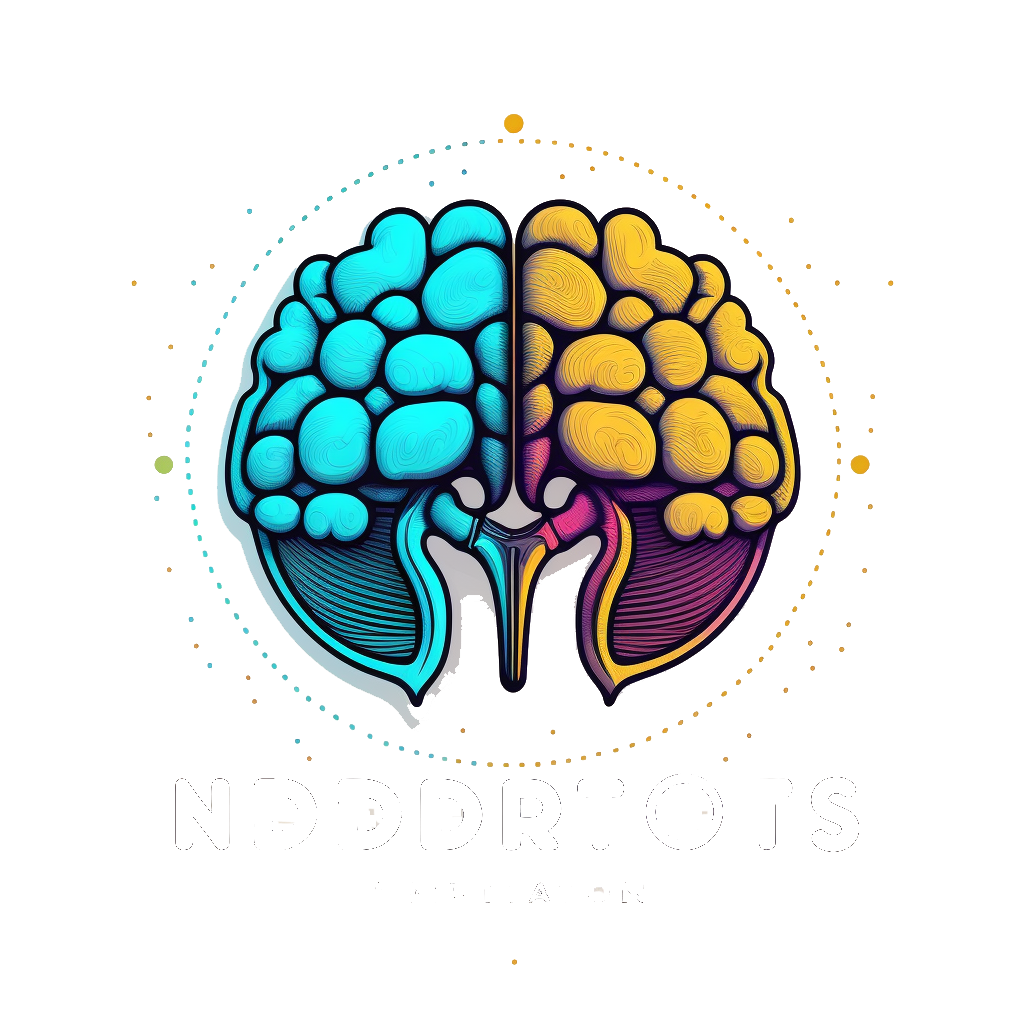L-Theanine, an amino acid primarily found in tea leaves, has gained recognition for its potential cognitive benefits. Known for its calming properties, L-Theanine has become a popular nootropic due to its ability to promote relaxation without causing drowsiness.
Stress Reduction and Anxiety Management: L-Theanine is renowned for its stress-reducing and anxiety-relieving effects, making it a sought-after nootropic for individuals seeking mental relaxation and emotional balance. Here are three significant benefits associated with L-Theanine:
- Relaxation and Calmness: L-Theanine has a unique ability to promote relaxation without inducing sedation. It stimulates the production of alpha brain waves, which are associated with a state of wakeful relaxation and mental clarity. By increasing alpha wave activity, L-Theanine helps counteract the stimulating effects of stress and promotes a sense of calmness.
- Anxiety Reduction: L-Theanine has been found to have anxiolytic properties, meaning it can help alleviate symptoms of anxiety. It modulates neurotransmitters in the brain, including serotonin, dopamine, and gamma-aminobutyric acid (GABA), which are involved in mood regulation. By promoting the release of these calming neurotransmitters, L-Theanine can help reduce anxiety and promote a sense of well-being.
- Cognitive Performance: L-Theanine has also been associated with improved cognitive performance. By reducing stress and anxiety, it can enhance focus, attention, and mental clarity. Furthermore, L-Theanine may have a synergistic effect when combined with caffeine, enhancing cognitive abilities such as memory and information processing speed.
Dosage Recommendations: Determining the appropriate dosage of L-Theanine can depend on individual factors such as body weight, sensitivity, and desired effects. However, here are some general dosage recommendations:
- Standard Dosage: A typical starting dosage of L-Theanine is around 100-200 mg per day. This dosage can be divided into two administrations, morning and afternoon, to maintain a sustained effect throughout the day.
- Individual Sensitivity: Some individuals may require higher doses to experience the desired benefits. Dosages of up to 400 mg per day have been used in clinical studies without significant adverse effects.
- Combining with Caffeine: L-Theanine is often combined with caffeine to enhance its cognitive benefits. The ratio of L-Theanine to caffeine is typically 1:1 or 2:1. For example, if consuming 100 mg of caffeine, a dosage of 100-200 mg of L-Theanine would be suitable.
It is important to start with a lower dosage and gradually increase it if needed while paying attention to personal tolerance and response. Consulting with a healthcare professional or a qualified nutritionist can provide personalized dosage recommendations based on specific needs and circumstances.
Historical Significance: L-Theanine’s historical significance stems from its long association with tea, particularly green tea (Camellia sinensis). Green tea has been consumed for centuries in various cultures for its refreshing and calming effects. L-Theanine was first isolated and identified in 1949 by Japanese scientists, who recognized its unique properties and its contribution to the taste and relaxation-inducing effects of tea.
